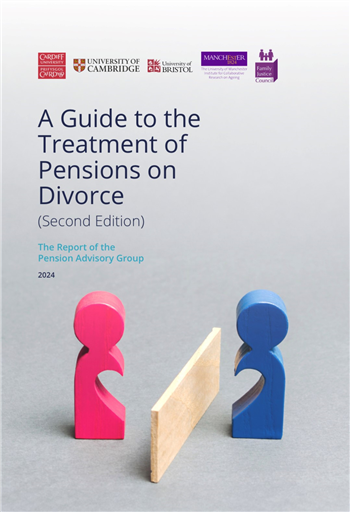
GH v GH [2024] EWHC 2547 (Fam)
Published: 06/10/2024 21:22
https://caselaw.nationalarchives.gov.uk/ewhc/fam/2024/2547
Peel J. In a narrow but important judgment, Peel J reminds all of the importance of an FDR, allowing an appeal against a decision of the first instance judge to proceed directly to a final hearing.
Peel J rejected the judge’s reasoning that an FDR should be dispensed with because (i) an ongoing factual dispute as to W’s earning capacity and (ii) W’s position had not crystalised so as to enable a successful FDR.
FPR 9.15(4) makes clear, the court must direct an FDR unless there are exceptional reasons which would make referral to an FDR inappropriate (FPR 9.15(4)(b)). It is ‘a key element’ of the financial remedy procedure by paragraph 6.1 of PD 91.
The court expressed it would be difficult to foresee a situation in which an FDR should be dispensed with save perhaps where one party fails to engage with the proceedings entirely.
The importance of an FDR cannot be understated as Peel J explains:
‘Its value has been proved time and again. Its without prejudice status allows the judge to look behind the litigation posturing which is so familiar in these cases and give clear, robust views. Anecdotally, it facilitates settlement in a significant number of cases. It is not only relatively straightforward cases which are susceptible to settlement at FDR. So, too, are complex cases. In my personal experience, even the most intractable case can yield to settlement at the FDR. The purpose of it is to enable the parties to hear (probably for the first time) an independent evaluation of the likely outcome, and the risks (in terms of costs, uncertainty, delay and emotional toll) of continued litigation. The FDR judge is there to tell the parties if their proposals are sound or devoid of merit, or if particular points or arguments are or are not likely to find favour at trial. It is often those hard cases where one or other party appears utterly intransigent that the FDR judge's indication and observations can be of greatest utility. The FDR judge is well able to deal with factual issues (such as, in this case, W's earning capacity), not by determining them but by expressing a view as to how they appear on the available evidence and how relevant they are. The FDR judge is also well able to give a clear overview even if (as the judge assumed to be the case here) one or other party's position is not fully crystallised.’
Allowing the appeal, Peel J directed a court FDR and without prejudice offers to be exchanged in advance.
Nb: the original neutral citation number of this case was [2024] EWHC 2547 (Fam), now amended to [2024] EWHC 2547 (Fam).









